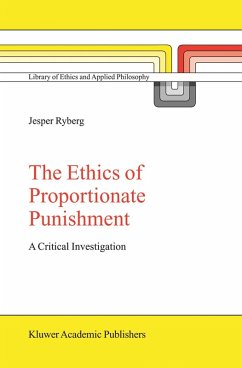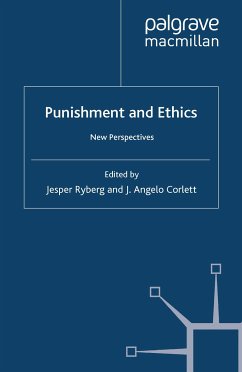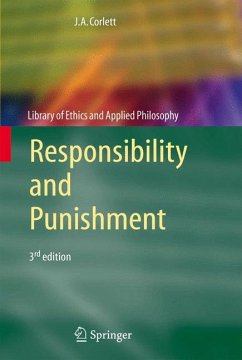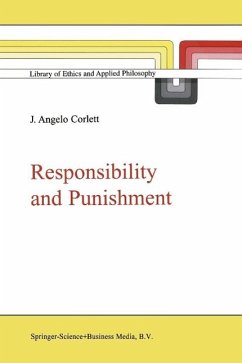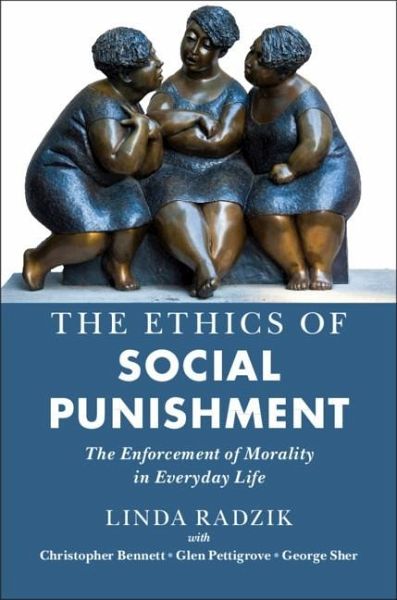
Ethics of Social Punishment (eBook, PDF)
The Enforcement of Morality in Everyday Life
Versandkostenfrei!
Sofort per Download lieferbar
16,95 €
inkl. MwSt.
Weitere Ausgaben:

PAYBACK Punkte
8 °P sammeln!
How do we punish others socially, and should we do so? In her 2018 Descartes Lectures for Tilburg University, Linda Radzik explores the informal methods ordinary people use to enforce moral norms, such as telling people off, boycotting businesses, and publicly shaming wrongdoers on social media. Over three lectures, Radzik develops an account of what social punishment is, why it is sometimes permissible, and when it must be withheld. She argues that the proper aim of social punishment is to put moral pressure on wrongdoers to make amends. Yet the permissibility of applying such pressure turns ...
How do we punish others socially, and should we do so? In her 2018 Descartes Lectures for Tilburg University, Linda Radzik explores the informal methods ordinary people use to enforce moral norms, such as telling people off, boycotting businesses, and publicly shaming wrongdoers on social media. Over three lectures, Radzik develops an account of what social punishment is, why it is sometimes permissible, and when it must be withheld. She argues that the proper aim of social punishment is to put moral pressure on wrongdoers to make amends. Yet the permissibility of applying such pressure turns on the tension between individual desert and social good, as well as the possession of an authority to punish. Responses from Christopher Bennett, George Sher and Glen Pettigrove challenge Radzik's account of social punishment while also offering alternative perspectives on the possible meanings of our responses to wrongdoing. Radzik replies in the closing essay.
Dieser Download kann aus rechtlichen Gründen nur mit Rechnungsadresse in A, B, BG, CY, CZ, D, DK, EW, E, FIN, F, GR, HR, H, IRL, I, LT, L, LR, M, NL, PL, P, R, S, SLO, SK ausgeliefert werden.




